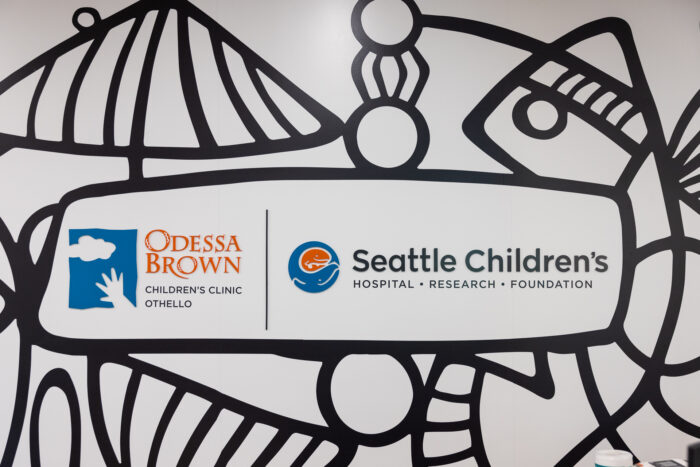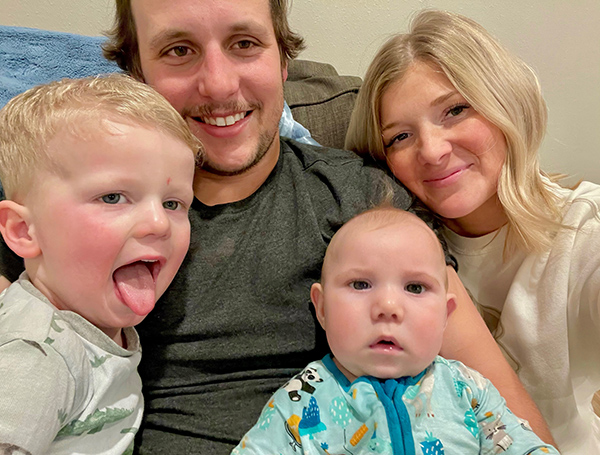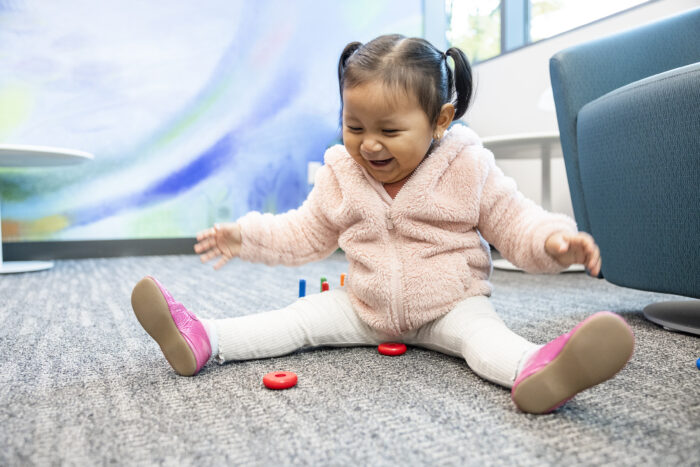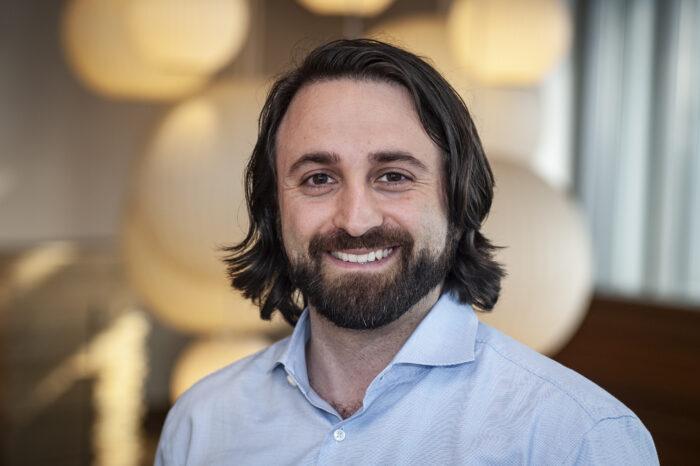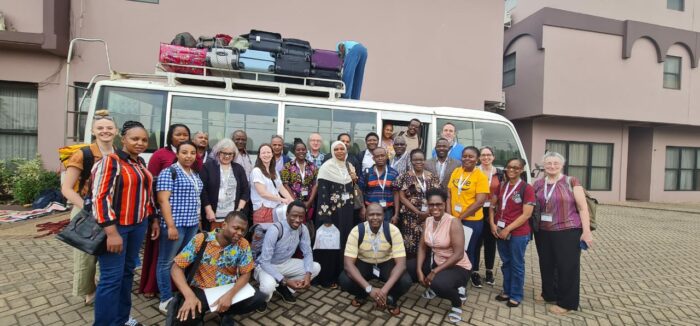Warmer weather is cause for celebration in the Pacific Northwest, and many families choose to get outside to beat the heat and enjoy nature. If your activities take you on or near the water, use extra caution this time of year as water temperatures are very cold even when air temperatures are warm. Melting mountain […]
On the Pulse
There is growing concern about social media’s effects on mental health, especially for kids. In January, Seattle Public Schools filed a lawsuit against Facebook, Instagram, TikTok, Snapchat and YouTube for their roles in “creating a youth mental health crisis.” In February, the Senate Judiciary Committee held a hearing about the issue, with some senators demanding […]
In early 2023, Seattle Children’s Odessa Brown Children’s Clinic (OBCC) was pleased to introduce its new Governance Council, comprised of both community representatives and staff members, dedicated to providing strategic leadership that aims to achieve equity, diversity and inclusion priorities, and emerging initiatives at OBCC. A key element of the council’s work is ensuring the […]
Stuffy nose, sneezing, and itchy or watery eyes are a few indications that a child may be suffering from allergies. These symptoms are most often triggered during the spring and summer months but it can sometimes be tough to differentiate the cause among other illnesses that tend to spread this time of year. On […]
For newborn babies recovering from a difficult birth resulting in a brain injury, Seattle Children’s Neonatal Intensive Care Unit (NICU) team employs a surprising therapy — they lay some babies “on ice.” On the Pulse shares how this cooling treatment can help newborns heal and stop further damage from happening. About hypoxic-ischemic encephalopathy In 2022, […]
Autism Acceptance Month is a time to foster inclusion of the autism community. This goes beyond simply promoting education about the differences and abilities of people with autism— it is a commitment to understanding, respecting, and celebrating those differences and abilities from across the diverse range of the autism spectrum. Seattle Children’s Autism Center holds […]
Seattle Children’s Therapeutics has launched BrainChild-04, a first-in-human phase 1 clinical trial that will be our first chimeric antigen receptor (CAR) T-cell clinical trial that targets four antigens at the same time, by delivering CAR T cells directly to the brain. The trial is for children, teens, and young adults with diffuse intrinsic pontine glioma […]
Seattle Children’s, an international leader in the effort to better treat cancer in children, teens and young adults by boosting the immune system with immunotherapy, has reached a new milestone by enrolling its 500th patient in its chimeric antigen receptor (CAR) T-cell immunotherapy clinical trials in 10 years. T cells play a key role in […]
Every year, Seattle Children’s Craniofacial Center treats hundreds of children with craniofacial conditions and rare syndromes. Cleft lip and cleft palate are among the most common kinds of birth defects in the United States, and affects more than 1 in 1000 newborns around the world. The lip and palate (roof of mouth) form in early […]
Anxiety and depression are two of the most common mental health conditions seen and treated at Seattle Children’s. Although sometimes confused, they are different classes of disorders. Some of the confusion stems from an overlap in symptoms and in fact, people often experience both at the same time. Dr. Kalina Babeva and Dr. Sonia Venkatraman, […]



